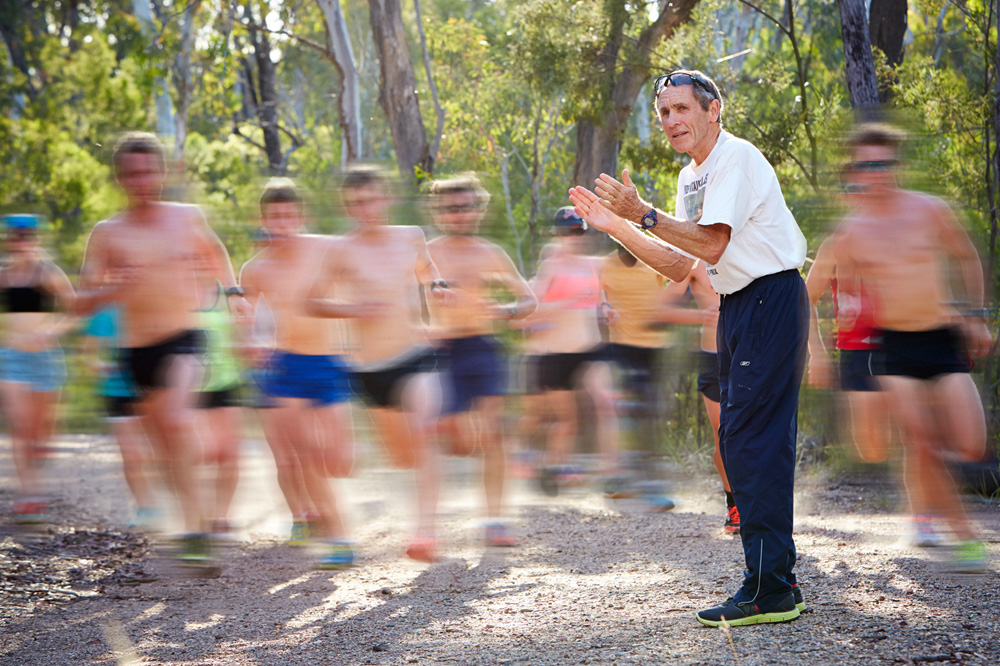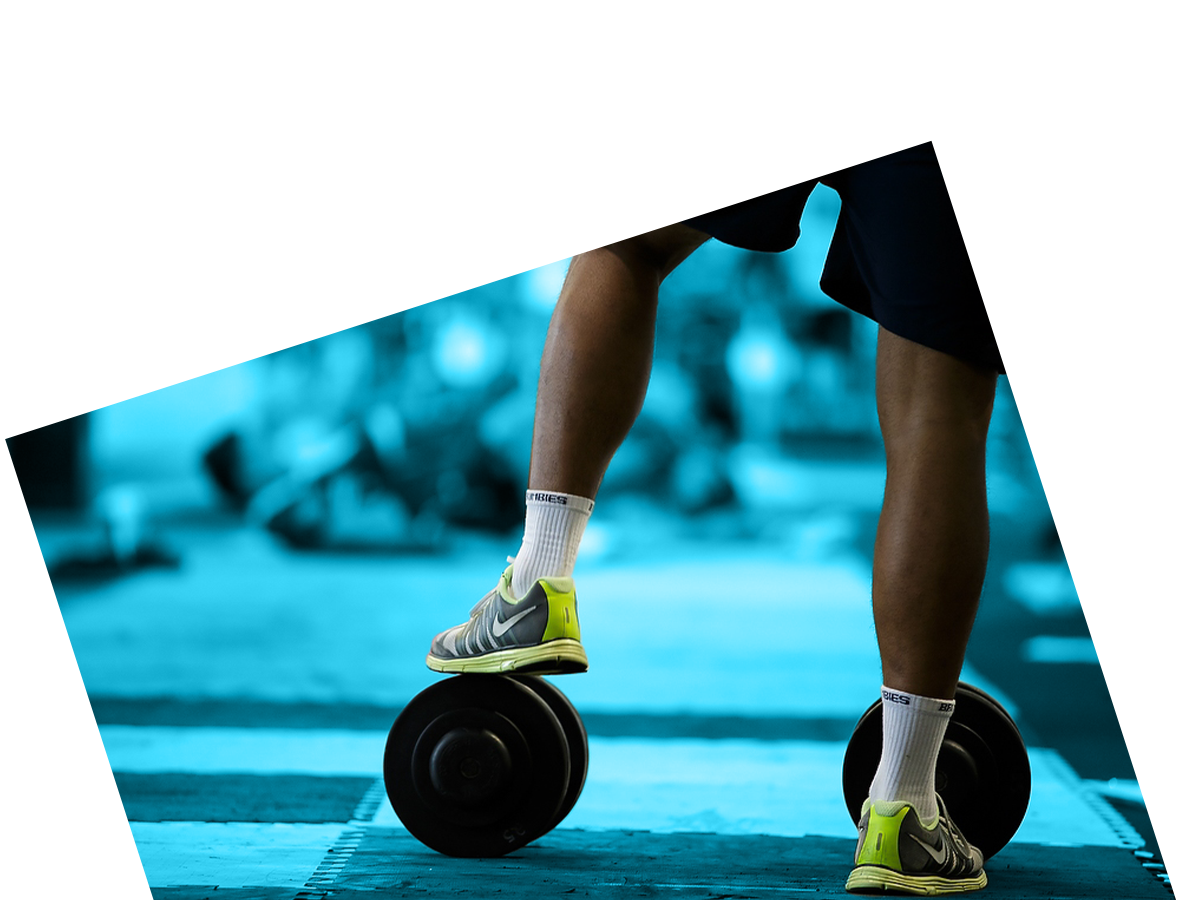UC Research Institute for Sport and Exercise
Building 29
11 Kirinari Street
Bruce, 2617
Exercise epigenetics
About
The key activities of the exercise epigenetics research theme are underpinned by accumulating evidence that aging is linked to negative epigenetic alterations in cells. Exercise improves health and wellbeing across the lifespan, but the exact physiology and molecular biology of exercise-related health benefits remain uncertain, particularly with respect to immune function.
The rapidly aging global population mandates new strategies to sustain health and wellbeing into later life for the benefit of the individual and society. Aging impacts not only disease prevalence, but also how individuals respond to medical interventions; for example, vaccinations become less effective as people age.

The epigenome is reversible and acts as the platform that converts environmental cues - such as exercise - into cellular outcomes. However, no robust measure of immune decline currently exists. Mapping epigenetic signatures in immune cells will provide a novel resource for biomarker discovery in immune decline. The availability of such diagnostic tests will allow more rigorous interventions, such as precise exercise measures, to be implemented to prevent immune decline and improve vaccine responses.
The reversible nature of epigenetics means that lifestyle factors such as exercise and drugs that can be used to target epigenetic enzymes and re-program the elderly immune system to a more robust ‘younger’ state. The identification of ‘druggable’ epigenetic enzymes to re-wire the elderly immune system will permit rational combinations with vaccines to increase their efficacy.
Currently, epigenetic drugs are not combined with vaccine protocols, meaning a particularly exciting opportunity to be explored by the exercise epigenetics research group is the capacity to re-purpose currently available or proprietary epigenetic drugs with known toxicity profiles to boost immune function, thereby facilitating rapid clinical translation.


